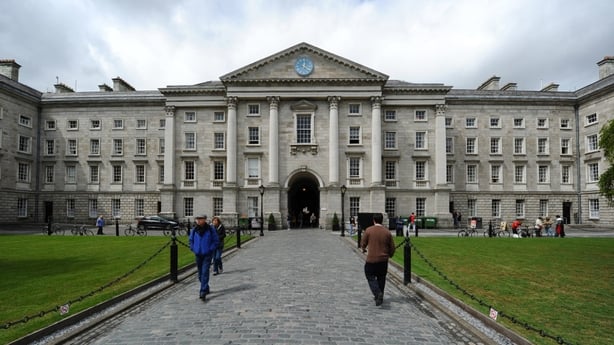Scientists here have identified a significant mechanism that causes potentially deadly tuberculosis bacteria to disrupt the work of immune cells in the lungs.
The discovery could in time assist understanding of the way our lungs fight TB and lead to new treatments, including for varieties of the disease that are resistant to antibiotics.
The study was carried out by a team of researchers at Trinity College Dublin and St James' Hospital, working with colleagues in the UK and US.
They unearthed the method by which TB is able to block immune cells in the lungs of some patients during the early stages of infection, enabling it to establish itself.
This is not always the case, as around half of those who get the disease are able to clear the attacking TB bacteria before it gets established.
The researchers used transparent zebra fish to follow what invading TB bugs do as they infect the lungs.
They discovered that stronger types of TB bacteria are able to hijack the special immune cells whose job it is to tackle the initial stages of infection.
This causes the cells to generate a protein which attracts white blood cells, which in turn become infected.
The white cells are unable to stop the TB bacteria, leading to a deeper more resistant infection.
The Dublin based team then replicated the experiment using samples donated from TB patients here and found similar mechanism at work.

"We are in a unique position to address the important challenges for TB treatment as we work with the human lung model," said Dr Seónadh O' Leary, Senior Research Fellow at TCD.
"This allows us to continue in our research to design novel ways to support the effective lung cell and prevent infections in exposed people."
The researchers now hope to use their discovery to find potential candidate drugs to help the immune cells kill the invading bacteria in the early stages of infection.
Antibiotic resistant TB is a significant and growing problem in Ireland and around the world.
The findings of the research are published in the journal Immunity.

